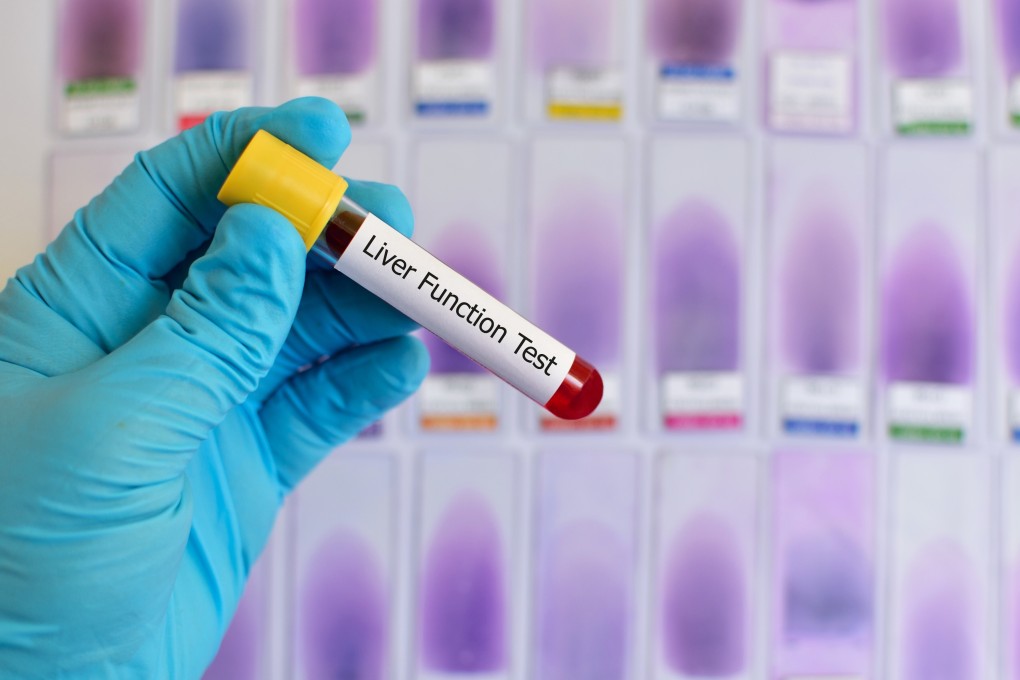China’s high hepatitis prevalence could be a boon for genomic tests developers for early screening of liver cancer
- The country, a global hotspot for liver diseases, has emerged as an attractive target market for developers of genomic liver cancer screening tests
- China accounts for a quarter of the world’s chronic hepatitis B infections and half the liver cancer-related cases

China, a global hotspot for liver and digestive system diseases, has emerged as an attractive target market for developers of genomic liver and colon cancer screening tests, with the potential to generate billions of dollars of annual revenue.
California-based Helio – formerly the Laboratory for Advanced Medicine – will soon apply for approval in China of a blood test for the early detection of liver cancer, according to chief executive officer Kenneth Chahine.
“We expect to be the first company to submit an application for approval on a liquid biopsy liver cancer detection test,” he said. “With half the world’s liver cancer cases, China’s market for screening is really big.”
Some 1,000 patients have been tested at three hospitals in Beijing and Guangzhou as part of a clinical trial, Chahine added.
Initial data is expected to be available by the end of this month. Helio aims to submit an application within two months to China’s National Medical Products Administration to commercialise the test.
It could potentially be approved by December, said Samuel Tong, Helio’s China CEO.
The company aims to raise US$100 million from private equity investors later this month to fund its commercialisation.